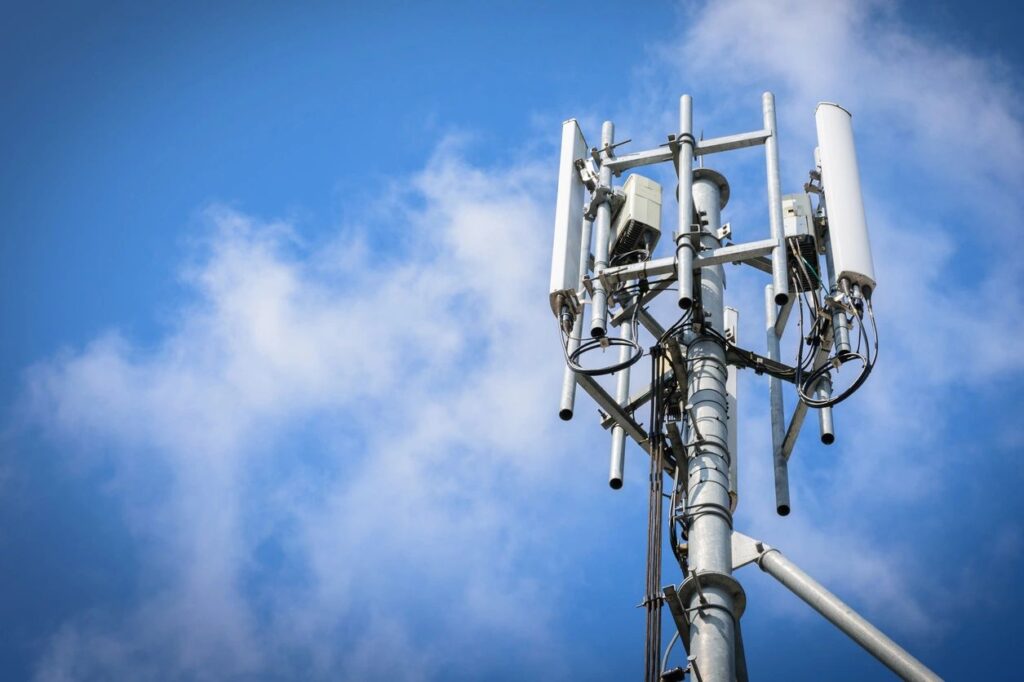
ATLANTA – Georgia’s electric membership corporations (EMCs) will play a major role in expanding broadband service in rural Georgia under legislation Gov. Brian Kemp has signed into law.
Under House Bill 244, the state Public Service Commission will decide how much EMCs can charge telecommunications providers for broadband attachments to their utility poles.
High pole attachment fees have been a key obstacle to extending broadband technology into underserved rural communities in Georgia.
The goal of the Georgia Broadband Opportunity Act is to lower those fees to encourage telecoms to invest in delivering the service in rural counties while not making them so low they force EMCs to raise electric rates for their existing customers.
“The EMCs eagerly look forward to working with the Public Service Commission as an integral partner to expand access to broadband in rural Georgia, while keeping our neediest and most vulnerable citizens from shouldering the burden of that progress,” Dennis Chastain, president and CEO of Georgia EMC said Wednesday.
“The EMCs are fully invested with staff and technical resources dedicated to one goal: working with PSC commissioners and staff to help solve the digital divide while simultaneously protecting rural Georgians, our EMC members, from unfair subsidies and increasing energy costs. This is even more critical now, as entire communities of EMC consumers struggle from the financial fallout of COVID-19.”
Despite arguments from opponents that the bill would hurt the pocketbooks of EMC customers and give the PSC unprecedented power, the measure cleared the Georgia House of Representatives on Crossover Day in March, the deadline by which bills must pass at least one legislative chamber.
The Senate then passed it during the final week of the 2020 General Assembly session in June.
The bill was sponsored by Rep. Ron Stephens, R-Savannah.
